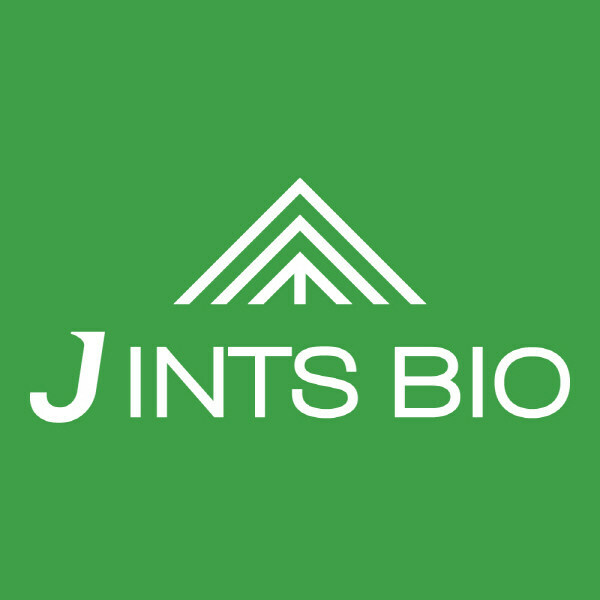J INTS BIO, Novel Oral 4th Generation EGFR TKI 'JIN-A02' - Dosing of First Patient in the Global Multi-center Phase 1/2 Clinical Study began
By PRNEWSWIREPublished : July 31, 2023 - 15:10
SEOUL, South Korea, July 31, 2023 /PRNewswire/ -- J INTS BIO announced the successful dosing of the first patient in its global multi-center Phase 1/2 clinical study of 'JIN-A02' on 31st July at Severance Hospital, Seoul, Korea.
More clinical sites will follow suit, including seven more hospitals in Korea (National Cancer Center, Chungbuk National University Hospital, Samsung Seoul Hospital, Seoul National University Hospital, Seoul St. Mary's Hospital, St. Vincent Hospital, Asan Medical Center), two in the United States, and one in Thailand.
This global phase 1/2 clinical trial seeks to evaluate the safety, pharmacokinetics and anti-tumor activity of "JIN-A02" in advanced NSCLC patients carrying EGFR mutations.
'JIN-A02' is a novel orally administered 4th Generation EGFR TKI, which is highly selective for and strongly inhibits NSCLC with C797S double or triple mutations, showing efficacy even against intracranial tumors by exhibiting high blood-brain barrier penetrance.
Anna Jo, CEO of J INTS BIO, said, "We expect the positive results of 'JIN-A02' in the pre-clinical studies to translate to positive outcomes for patients in the clinical trial" adding that, "We hope also to proceed with the application for designation of orphan drug, and thereby quickly occupy the global NSCLC therapy market through conditional use."
About J INTS BIO
J INTS BIO is a bio company specialized in developing innovative anti-cancer and orphan drugs to realize the goal of changing lives and improving health for patients around the world. J INTS BIO's teams have prior multi-year experience in multinational pharmaceutical companies and CROs and track records in medical, regulatory affairs, drug discovery and development.
About 'JIN-A02'
'JIN-A02' is a novel orally administered 4th Generation EGFR TKI targeting C797S mutations in NSCLC. Although 1st, 2nd, and 3rd Generation EGFR TKIs have been used with some success, recurrence occurs in most patients including those on 3rd Generation TKIs such as Osimertinib. Currently, there are no approved therapies for patients who developed EGFR C797S mutations due to the use of 3rd Generation EGFR TKIs and with the high propensity of these cancers to metastasize to the brain, there is an urgent need to develop an effective drug with high blood-brain barrier permeability as well. 'JIN-A02', a novel oral EGFR TKI, which is effective against C797S double and triple mutations and have a high brain penetrance, is therefore expected to become the most promising Best-in-Class 4th-generation EGFR TKI in NSCLC patients with limited or no viable treatment options.









![[Music in drama] Rekindle a love that slipped through your fingers](http://res.heraldm.com/phpwas/restmb_idxmake.php?idx=644&simg=/content/image/2024/05/01/20240501050484_0.jpg&u=20240501151646)

![[New faces of Assembly] Architect behind ‘audacious initiative’ believes in denuclearized North Korea](http://res.heraldm.com/phpwas/restmb_idxmake.php?idx=644&simg=/content/image/2024/05/01/20240501050627_0.jpg&u=20240502093000)








